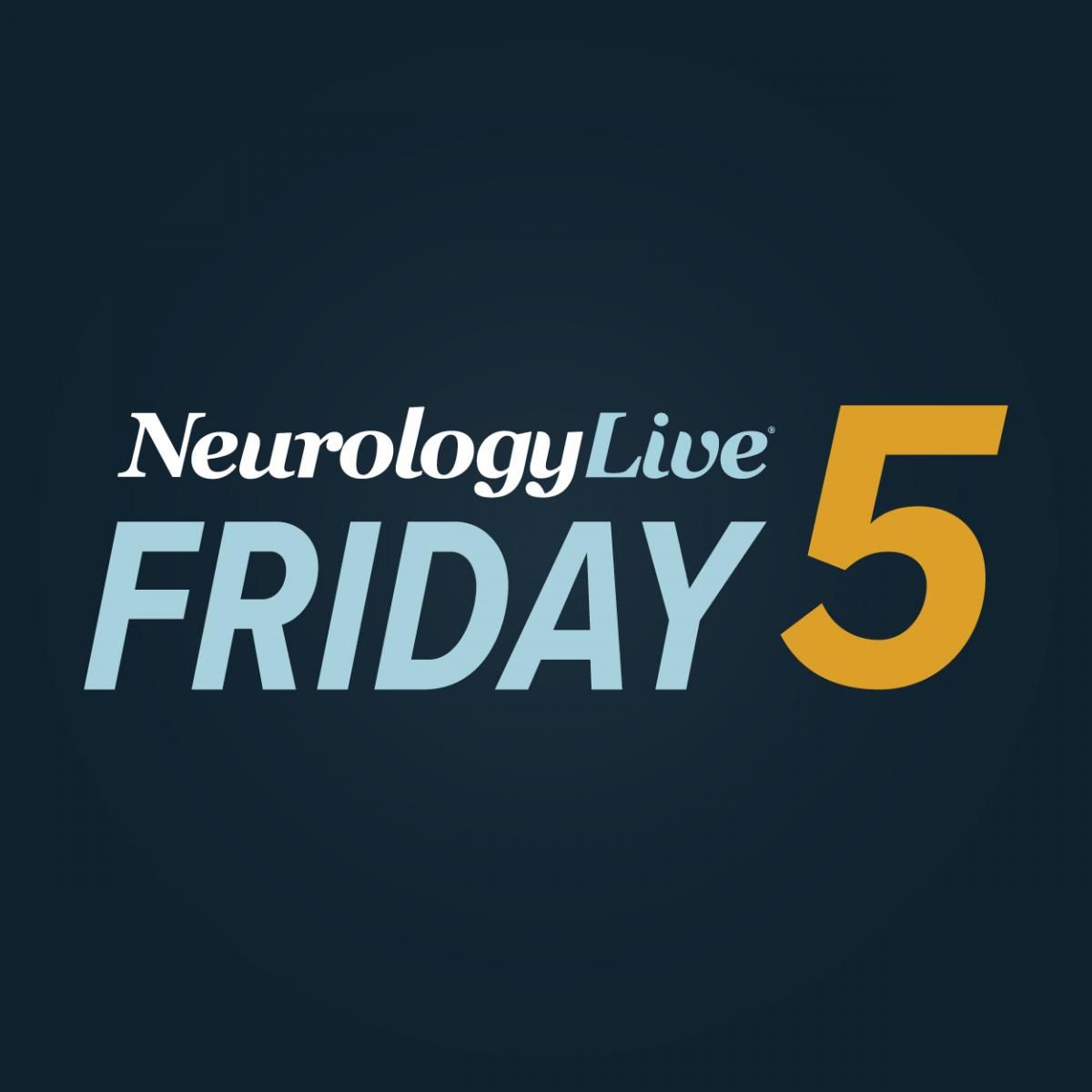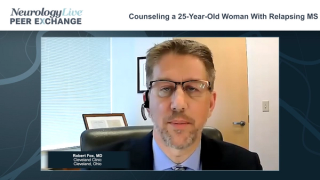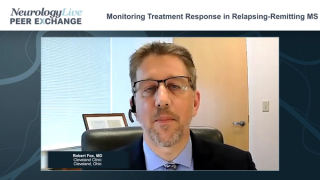
MS and Demyelinating Disorders
Latest News
Latest Videos

CME Content
More News

Here's what is coming soon to NeurologyLive.

Neurology News Network for the week ending November 7, 2020.

Take 5 minutes to catch up on NeurologyLive's highlights from the week ending November 6, 2020.
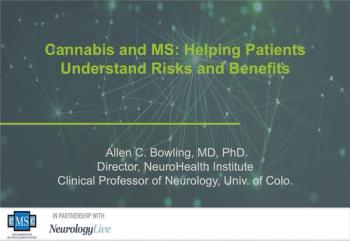
This three-part, educational webinar series provides evidence-based information about the effects of cannabis on MS symptoms, including pain and spasticity.

Bruce Cree, MD, PhD, MAS, offers his perspective on recent trial results that put to bed a long line of inconsistent data on the utility of high-dose biotin for multiple sclerosis.
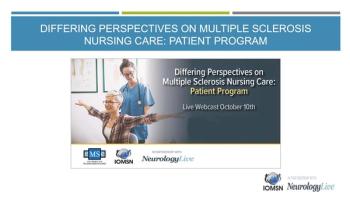
A 2-part webcast series geared toward MS nursing professionals and patients.
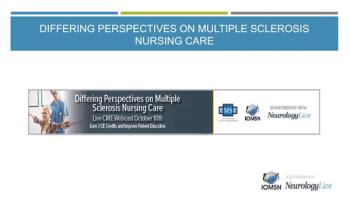
A 2-part webcast series geared toward MS nursing professionals and patients.

The percent change from baseline was lower in those who initiated ocrelizumab early than those initially on placebo for both T2 lesion volume and T1 hypointense lesion volume.

Here's what is coming soon to NeurologyLive.

Take 5 minutes to catch up on NeurologyLive's highlights from the week ending October 30, 2020.

The SPI2 study did not replicate the improvements observed in prior study, instead suggesting that biotin (MD1003; MedDay Pharmaceuticals) is ineffective in patients with progressive MS.

The authors noted that research is still needed to establish standards for cell mobilization and immune-conditioning regimens.

Here's what is coming soon to NeurologyLive.

Take 5 minutes to catch up on NeurologyLive's highlights from the week ending October 23, 2020.

On the heels of successful long-term data, evobrutinib seeks to maintain its high efficacy in 2 pivotal phase 3 clinical trials.

Here's what is coming soon to NeurologyLive.
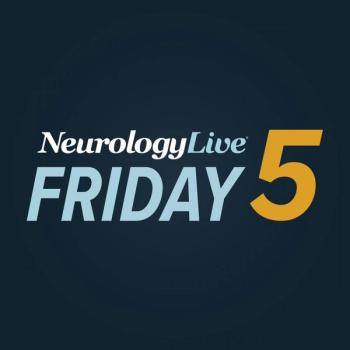
Take 5 minutes to catch up on NeurologyLive's highlights from the week ending October 16, 2020.

Here's what is coming soon to NeurologyLive.

Take 5 minutes to catch up on NeurologyLive's highlights from the week ending October 9, 2020.

The investigators noted that their results can be replicated independently in a real-world cohort, they may have clinical implications for daily practice.

Here's what is coming soon to NeurologyLive.

Neurology News Network for the week ending October 2, 2020.

Take 5 minutes to catch up on NeurologyLive's highlights from the week ending October 2, 2020.
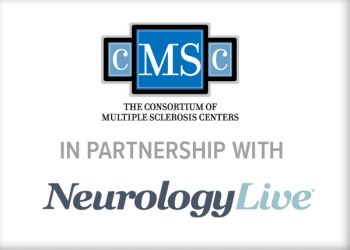
The free webcast programs, which will focus on cannabis use in MS and MS nursing care, will earn participants up to 3 CE credits each.

Volumetric MRI shows Hispanic patients are at a greater risk of experiencing more aggressive disease, leading to sustained disability.



